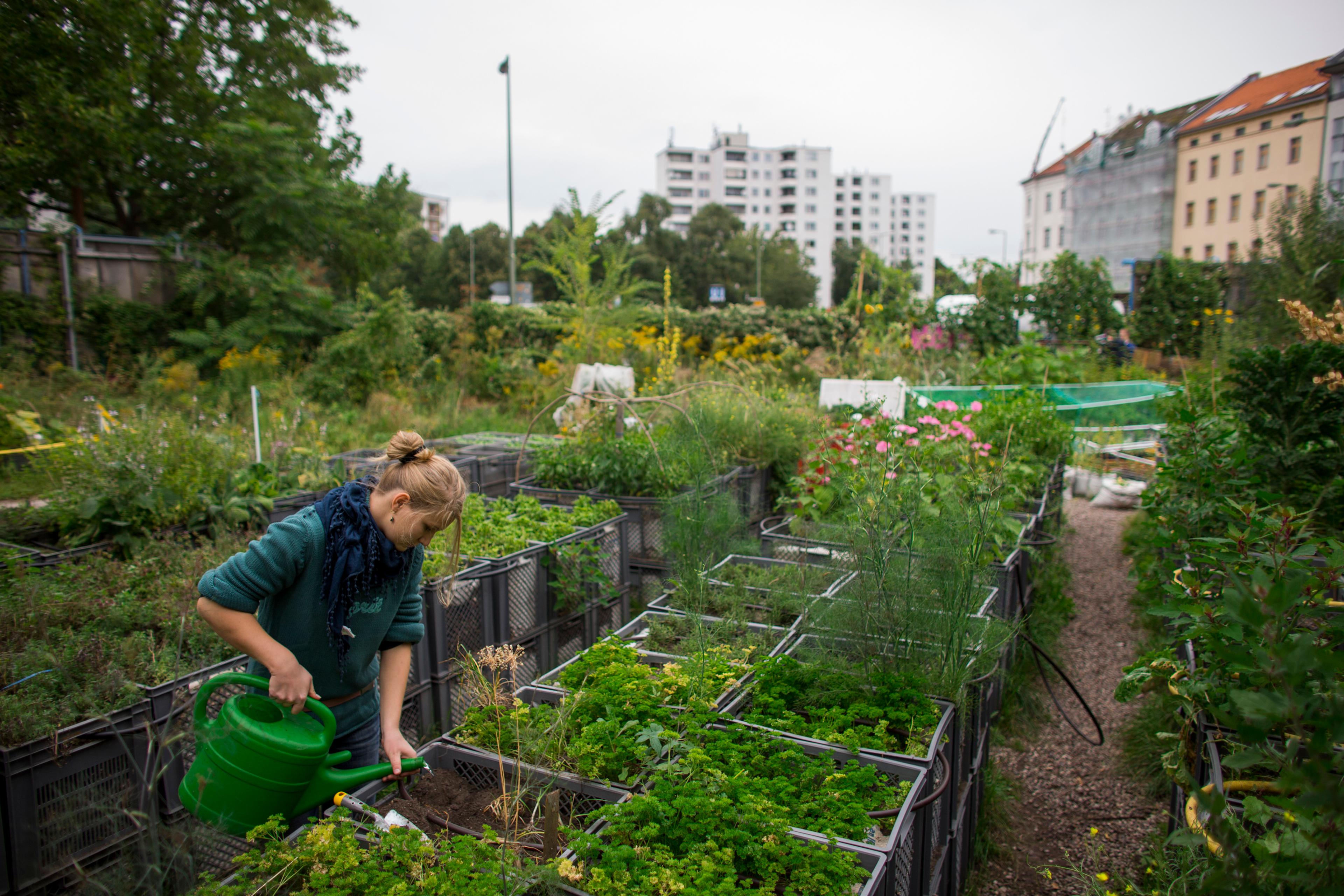One of the most basic emotional needs is the need to belong. When people are asked about important parts of their identity, they often note the groups they belong to: their company, their church, the fanbase of their favourite sports team, and so on. Belonging is characterised by feeling that you are welcomed, seen and appreciated as part of a social group. This feeling may be based on values, customs or activities that you share with members of a group, and it can provide a sense of meaning and purpose. A lack of belonging is not the same thing as loneliness, which is a feeling that you lack the amount of social interaction that you desire. Someone who is not lonely – perhaps they have a close and fulfilling relationship with a sibling, for instance – might still feel as if they don’t belong in their workplace, their neighbourhood, or another social context.
We can trace the need to belong to the earliest days of human life. In the ancestral environment, humans often formed kin groups or villages. These communities were central to human survival, as members worked together to hunt or gather food, took turns caring for each other’s young, and protected one another from harm. Not belonging to a group was a risk to one’s survival.
Humans today are still driven to belong with others, spending a great deal of time and energy forming and maintaining groups. But the effects that a lack of belonging can have on health and wellbeing have gone understudied. It’s easy to see how alienation from a group in our ancestral environment could lead to danger, but how does that translate to the 21st century?
One contemporary population that can offer insights into the connection between belonging and wellbeing is young adults at colleges and universities. Going to college often involves a major life transition – suddenly, students are dropped into a brand-new social environment as they grow further from the communities they leave behind, with clear implications for the sense of belonging. While there are usually ample opportunities for students to join extracurricular groups, clubs or social networks in dorms, not every student has an easy time finding a place within these groups or feeling accepted there. What’s more, this age group is currently facing significant mental health challenges: in 2021, the Healthy Minds Study found that, at a sample of colleges and universities in the United States, 41 per cent of students experienced symptoms of moderate or severe depression (following a steadily increasing percentage over the past few years). Exploring the reasons for students’ high rates of distress and how to help are essential research directions.
Theorising that a sense of belonging may be critical to college students’ mental health and performance, our team at Carnegie Mellon University in Pittsburgh recently explored the relationship between belonging and symptoms of depression. For one week at the beginning, middle and end of an academic term, we had hundreds of first-year students report on their daily feelings of belonging at their university (by rating their agreement with the statement ‘Today, I feel like I belong at [school name]’), as well as their feelings of loneliness and the frequency of their social interactions. They also reported levels of depressive symptoms (for example: hopelessness, restless sleep, sadness) at the beginning and end of the academic term.
Our results showed that lower feelings of belonging at the university, during any of the assessment periods, were predictive of more depressive symptoms at the end of the term. We also found that belonging tended to be predictive of depressive symptoms regardless of students’ levels of loneliness or frequency of social interactions. Although we cannot determine a causal link between feelings of belonging and depression symptoms based on this data, the fact that low belonging was associated with depressive symptoms at the end of the term suggests it’s possible that greater feelings of belonging could help prevent depression, while lower feelings of belonging might make depression more likely. A sense that the other people in one’s social environment do not share one’s values or interests, and therefore do not welcome or appreciate them for who they are, may understandably lead to distress, disconnection and disappointment. Future research should explore this possibility further.
Perhaps most interestingly, even feelings of belonging at the very beginning of the spring term were predictive of end-of-term depressive symptoms. Simply put, these results suggest that low feelings of belonging could be one early warning sign that a student might end up facing mental health challenges. In other words, lower levels of belonging at the beginning of a semester can indicate months in advance that a student might be at risk.
Imagine if educational institutions found ways to use this information in identifying and supporting such students. They might be able to build structures and activities that buttress student belonging before students are even presenting signs of mental health difficulties. For example, while many colleges and universities offer brief periods of structured activities (eg, orientation weeks), they could expand this structure by building in first-year-focused activities throughout the school year or matching students to communities based on their interests for long-term engagement. A focus on prevention can be helpful as many students struggle to seek mental health counselling or support when they need it, which can lead to worsening depression over time.
Research suggests some potential ways to combat a lack of belonging. Recent work shows that interventions in which students share stories and worries about belonging, or that promote positive interactions between students and school staff (eg, student-teacher conferences and activities), can be helpful for improving feelings of belonging. In one study, Black American students were given information that showed how more senior students’ early worries about whether they belonged had faded over time. The study participants were then asked to record videos about their own first-year experiences to share with others. The students who engaged in this intervention showed signs of stronger feelings of belonging and performance at college compared with those who did not engage in it. Thus, part of the solution could be as simple as showing students that they are not alone in their experiences and that those experiences will not last forever.
While our findings focused on students in their first year of college, it is possible that other people who are experiencing a new social environment – such as those starting a new job or moving to a new city – could benefit from exploring their own feelings of belonging. Early detection of decreasing or low feelings of belonging could encourage individuals to seek opportunities to enhance these feelings, before their lack becomes a problem.
As we write this, our communities face ongoing changes that could make developing feelings of belonging more difficult. Professional and personal connections have been altered by the continuing effects of COVID-19. Political tensions divide friends, family members and neighbours with polarised views, threatening feelings of communal and national unity. Long-time social structures such as religious communities have become less salient in the lives of many people. We have seen familiar groups and communities dissolving, leaving many with a reduced sense of belonging.
In a world with so many divisions, belonging is worth pursuing – but it can take time to build. If you’re looking to increase your own feelings of belonging, you might start by seeking volunteer opportunities that pique your interest, or opportunities to connect with local people who understand and appreciate your culture. Making an effort to support the belonging of others could also help you feel more connected to a social group or network. Intentional everyday interactions, such as asking coworkers for their input or inviting a neighbour to a backyard cookout, are small but potentially effective ways of doing this. Even brief interactions with members of our communities could help foster the feelings of belonging that too many of us are going without.








